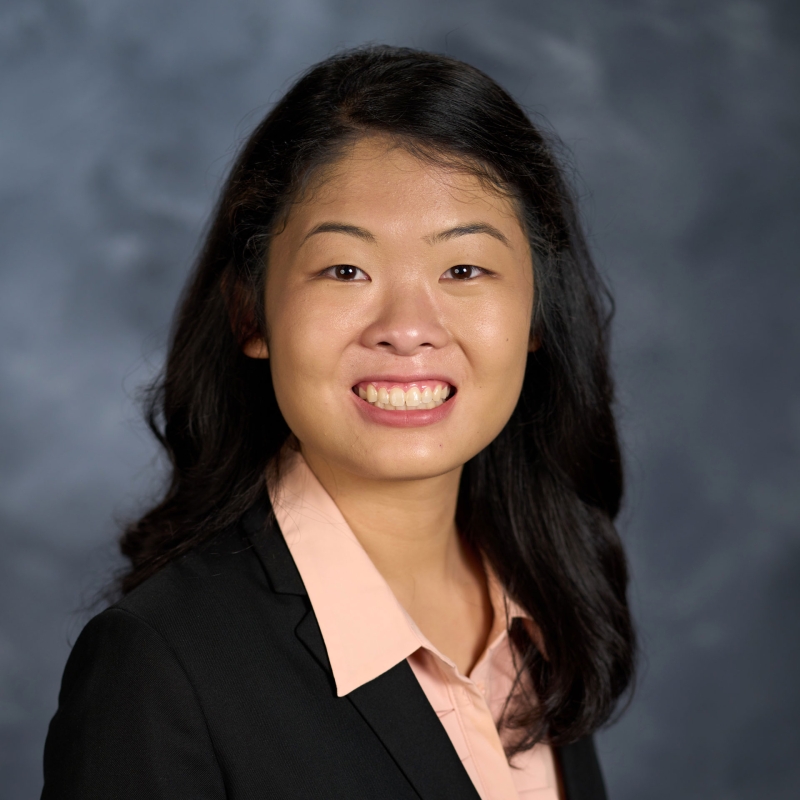
Charlene Wang, MD
Would You Ever Be a Missionary?
Would you ever be a missionary?” my friend asked after vespers one night. I wasn’t ready to give a positive answer. I had felt called to the home mission field in the United States. Long-term missions scared me as they seemed to require so much sacrifice and potential peril to both life and limb. However, I knew that I wanted to experience short-term missions before I graduated from medical school. In the fourth year of medical school, med students at Loma Linda University are given the opportunity to do a mission elective lasting two to eight weeks at a hospital associated with Adventist Health International.
I ended up deciding to spend four weeks at Malamulo Adventist Hospital in Malawi. It was my first time in a foreign country without immediate or extended family. Thankfully, I had a classmate and friend who had already been in Malawi for the past month who helped orient me to life in the country. I remember the initial car ride from Chileka International Airport to the guesthouse where I would be staying. People could be seen along the streets going about their daily lives. I enjoyed seeing and learning about the people of Malawi. However, after a few days, I was having trouble adjusting to both the environment and the culture. This was coupled with physical discomfort that I began experiencing as a result of either my antimalarial medications, allergies, stress, or a combination of the three. And truthfully, there were times during the month when I felt frustrated or emotionally strained.
Many short-term and long-term missionaries face the same type of struggle. When the comforts and conveniences of life are not as readily available, when you get sick in the mission field, or when you don’t seem to understand why people around you act a certain way, it can become discouraging and isolating. It was a blessing that during my time in Malawi, I came across a book called Passport to Mission by the General Conference’s Institute of World Mission, which helps prepare prospective missionaries for the changes that go along with serving overseas. Through it, I learned that every culture has a core worldview, which informs core values, which manifest as behaviors.1 Because I was an American, I saw the world through a certain lens. I realized that my behaviors were shaped by the American core values and discovered that people from other cultures can think very differently.
More importantly, Passport to Mission taught me about being an incarnational missionary. What does this mean? Being an incarnational missionary means that you live and enter into the experience of the people you serve. You are not just an outsider standing separate from the people, telling the people how to change. It means learning the language of the people, living like they live (even if it isn’t with the accommodations we are used to), spending like they spend, wearing what they wear, and eating what they eat. It involves setting aside pride and experiencing the struggles of the people we serve alongside the people we serve. I learned that the ultimate incarnational missionary was Jesus,2 Who was willing to leave His comfort zone in a perfect heaven, surrounded by the respect and honor that He deserved, to adjust to life on a hostile planet with disease, lack of sanitation, violence, oppression, and poverty so He could not only be with us, but so that he could also ultimately die the death that we deserved. This realization causes all the sacrifice, culture shock, and personal adjustments we have to make in the mission field to pale in comparison. When we look at all Jesus had to sacrifice in becoming one of us, how could we say that it is too much to leave our homes and adjust to a new culture and environment for the healing and salvation of others? Why was I complaining?
There is so much suffering in the world and the resources are so unevenly distributed. One night, I was watching the surgery team round when we came to the bed of a man who had had extensive gangrene resulting in amputation of his leg and thigh. By the time the patient had come to us, the infection was too advanced and despite aggressive treatment, the patient ended up passing away secondary to the infection. The patient would not have died in America because he would have had more timely access to proper health care. I thought to myself that it wasn’t fair that an individual would have to face an earlier death because of the place in which he or she was born. As a medical student, I had learned about serving the underserved. And yet, I had never seen a more underserved portion of society than I have seen in the mission field. This trip opened my eyes to the amount of suffering and need in the mission field and the rich abundance of spiritual, educational, and physical resources in America at our Adventist hospitals and institutions. We have been blessed with clinical expertise, abundant resources, and an abundance of medical personnel. We are surrounded by experts in their field who strive not only to teach the next generation of physicians, but also constantly strive to foster a culture of excellence. We are taught how to minister not only to the physical but the spiritual needs of patients. We have access to education, scholarships, loans and loan-forgiveness programs. If we were to share even a small amount of what we have with the developing world, it would make a big difference.
God is calling you. As Jesus said, “The harvest truly is plentiful, but the laborers are few” (Matthew 9:37, NKJV). God is calling you to share your time and resources. God is calling you to step out of your comfort zone. This may mean giving a week or two out of a year to work at a mission hospital. It may mean living a less-expensive, simpler lifestyle so that you can give part of your income to help support missions. Whatever it may be, God is willing to show us and is willing to make us willing.
